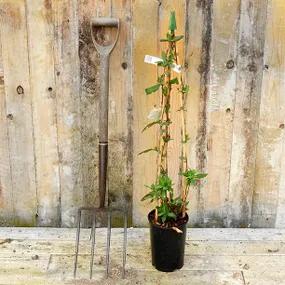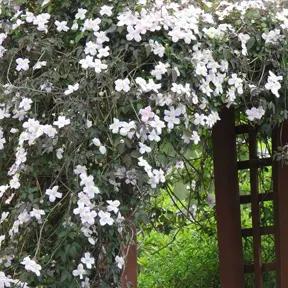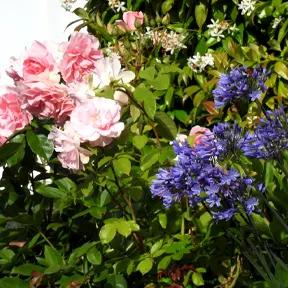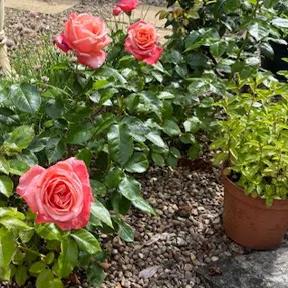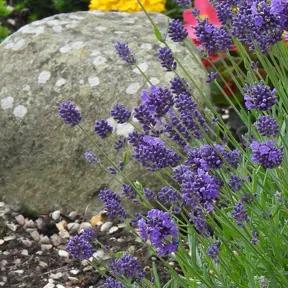Graham Thomas Honeysuckle Plants
Lonicera periclymenum
- Bushy, deciduous mid-green leaves
- Lovely creamy yellow trumpet flowers
- Full hardy
- Strong perfume
- Sun or partial shade
- To 6m
- RHS Award of Garden Merit
Recommended extras
Description
Lonicera periclymenum Graham Thomas
Lonicera periclymenum Graham Thomas is a lovely pale cream to lemon yellow fragrant honeysuckle with ovate, mid green leaves and twining stems. It is easy to grow and will rapidly reach 6m. The individual flowers are trumpets held in cartwheel shaped flowerheads. It attracts bees, butterflies and ladybirds, and red berries in autumn for hungry birds.
Good for any number of situations, scrambling over low walls, over arches and pergolas or into trees. It associates very well with other honeysuckles and climbing roses and should be grown in any position where the fragrance can be enjoyed.
The scent is best in the evening when it needs to attract the moths that are its main pollinators. It is a classic cottage garden plant, growing in hedgerows and woodland in the wild, and is particularly suited to informal planting schemes
Browse our varieties of honeysuckle or our full range of climbing plants.
Features:
- Bushy deciduous mid-green foliage
- Lovely cream to yellow trumpet flowers from July to September
- Will grow to an eventual height and spread of 6m x 2m
- Lovely strong perfume
- Full hardy
- Needs support
- Sun or partial shade
- RHS Award of Garden Merit
Growing Graham Thomas Honeysuckle
It prefers to have its roots moist but is happy in most soils as long as it has good drainage. It will grow in sun or partial shade, but the scent is at its best in full sun.
It only needs pruning right after flowering to keep it within bounds and to remove old, dead and dying growth.
Did You Know?
Native to the British Isles and much of the Northern Hemisphere, this variety was a chance discovery, found in 1960 growing in a hedge in Warwickshire. It is named for Graham Stuart Thomas (1909-2003), one of the great British horticulturalists of the 20th century.
Periclymenum translates as 'twist around' referring to the twining habit of the stems.
Planting Instructions
How to grow Lonicera 'Graham Thomas':
Lonicera 'Graham Thomas' is best planted where the roots have a shady run although it will be happy in any situation and with any soil pH.
- It is quite loose and spreading in habit so choose a spot where it has room to expand.
- Plant it in a hole larger than the rootball.
- Backfill with good quality compost, having incorporated a handful of bonemeal.
- Firm in well and water.
- Prune by 1/3rd after flowering and remove any untidy growth.
Look out for:
May be susceptible to mildew and aphids, but it rarely causes a severe problem. Because of the plant's attractiveness to insects and bees it is inadvisable to use chemical sprays.
It's Summer Planting Season 2025

Pot Grown & Plug Plants Delivered

Direct from the Nursery Value

No more broken plants in the post!
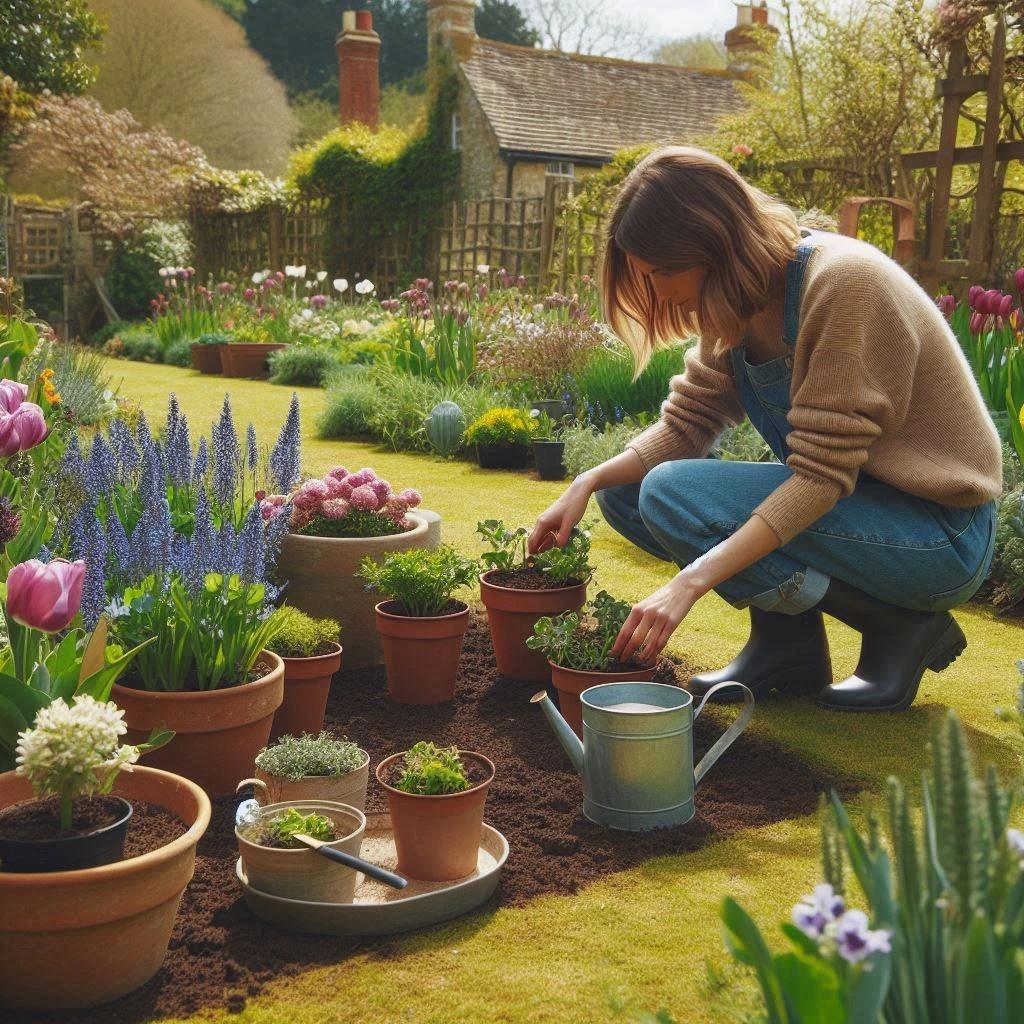

 Hero Img.webp)
 Hero Img.webp)
 Img 2.webp)
 Img 3.webp)
